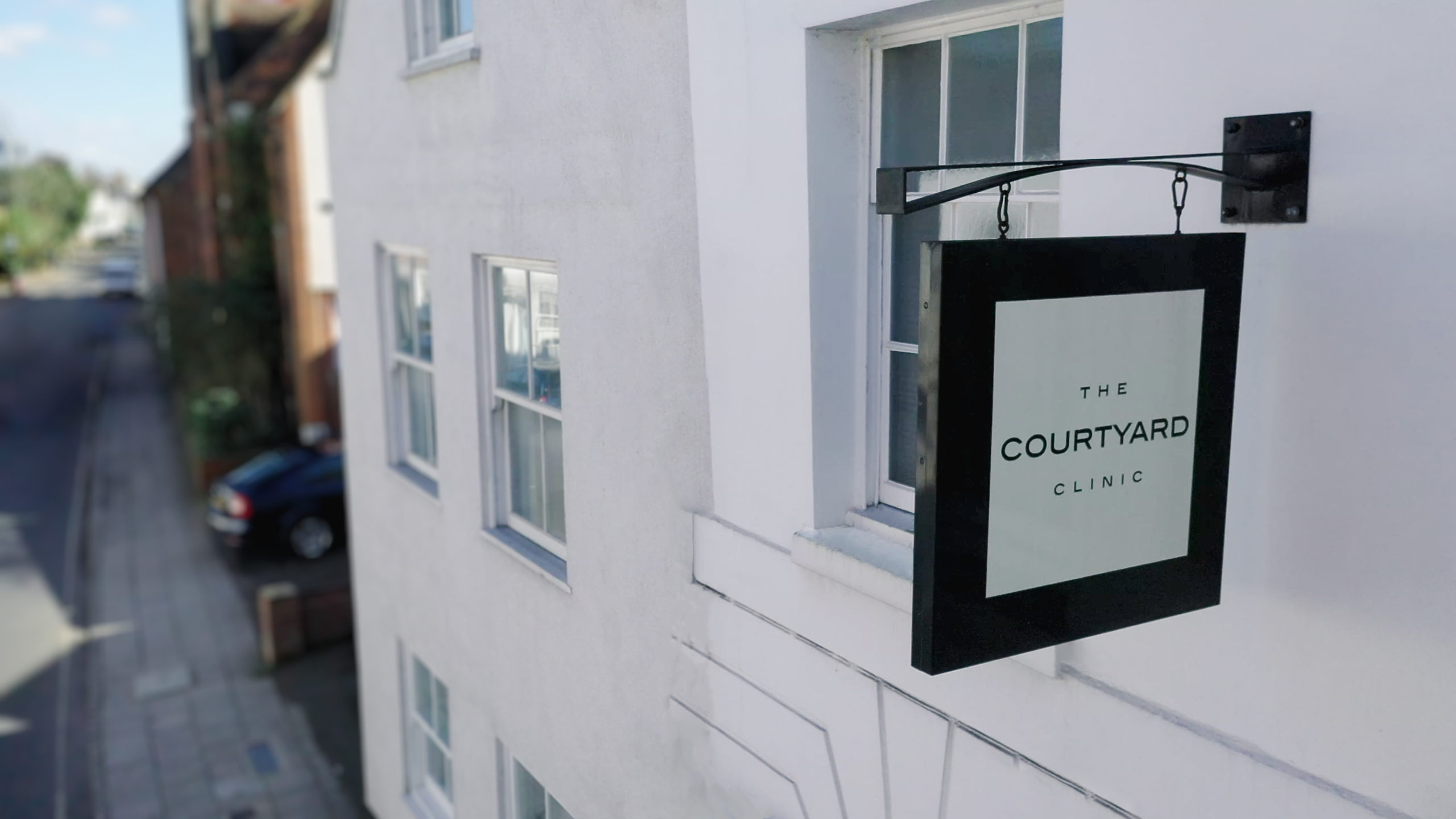Is it my teeth?
Studies show that people who suffer from dental phobia usually feel embarrassed about the state of their teeth, and it’s this embarrassment that stops them from seeking help. (Source: www.pubmedcentral.nih.gov )
This leads to a vicious cycle – by the time many people gather the courage to see a dentist their teeth have been neglected for some time, which means they need to spend lots of time at the dentist and the procedures are very likely to be invasive, the very treatment they feared in the first place.
But it doesn’t have to be that way. Regular check-ups will help prevent most problems before they begin, and as opposed to the dentist of yester-year, today’s dentists are usually very sympathetic.
- The first thing to do is to acknowledge your fears and understand exactly what it is that scares you about the dentist. Knowing what you fear will help put you in control once you’re in the dentist’s chair.
- Find a dentist you can trust, and one that you will make you feel comfortable. Ask your friends and family for a referral and if that fails look for a dentist that specialises in nervous patients. And then talk to them, tell them your fears and ask for their help in trying to address those fears and to help you relax.
- Distraction. A common avoidance technique is to take along some music so that you’re not aware of the normal sounds of a dentist’s office, especially the drill.
- Relaxation and self-hypnosis. Practice this with a trained health professional beforehand and this can be very effective method of coping with the dentist’s chair.
- If all else fails…. many specially trained dentists can offer sedation which can greatly help very nervous individuals receive the treatment they need.
Remember that the dentist is trained to deal with decayed teeth and receding gums, that’s their job. And no matter how bad you think your teeth are, they’ve probably seen worse.


